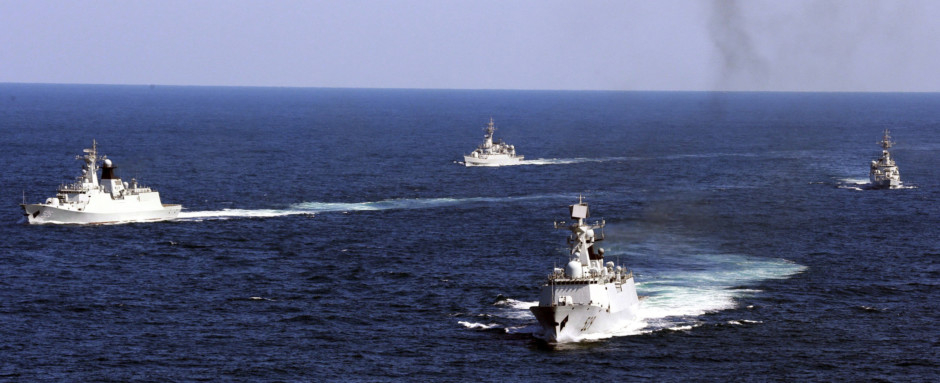
In January 2013, the Philippines unilaterally initiated compulsory arbitration proceedings with respect to the disputes with China in the South China Sea.
The Philippines unilaterally initiated the arbitration, disregarding the consensus between China and the Philippines on settling relevant disputes through negotiations and consultations, the solemn commitment of the Philippines in the Declaration on the Conduct of Parties in the South China Sea (DOC), and the legitimate rights that China enjoys as a sovereign state and a contracting party to the United Nations Convention on the Law of the Sea (the “Convention”) to independently choose dispute settlement mechanisms and procedures.
It abused the compulsory procedures for dispute settlement under the Convention in order to cover up the territorial and maritime delimitation nature of the disputes between China and the Philippines with the so-called “interpretation and application of the Convention”, to use the Convention as a pretext to negate the obligation under the United Nations Charter to respect sovereignty and territorial integrity of countries, and to mislead the public and defend its illegal occupation of some maritime features of China’s Nansha Islands.
The act of the Philippines constitutes a grave threat to peace and stability in the region.
The islands in the South China Sea have been Chinese territory since ancient times. Successive Chinese governments have exercised jurisdiction over them through administrative management, military navigation, production and operation. Japan seized Xisha and Nansha Islands after it launched the war of aggression against China.
Both the Cairo Declaration and the Potsdam Proclamation state in explicit terms that all the territories stolen from China by Japan shall be returned to China. Since the victory of the Chinese People’s War of Resistance against Japanese Aggression, China has recovered Xisha and Nansha Islands and stationed troops and set up various military and civil facilities on the islands. Thus, in terms of both law and facts, China has resumed its sovereignty over these islands in the South China Sea.
The firm position of the Chinese government to not accept or participate in the arbitration is based on the fact that the arbitration violates basic international law and aims to defend and practice international rule of law.
First, the Philippines’ unilateral initiation of the arbitration runs counter to the consensus between the two sides on settling disputes through negotiation and consultation and violates the basic norm of pacta sunt servanda (agreements must be kept) in international law.
Second, the Philippines’ unilateral initiation of the arbitration runs counter to the stipulations of United Nations Convention on the Law of the Sea (Unclos) and infringes on China’s right to independently choose methods of dispute settlement.
Third, the Philippines’ unilateral initiation of the arbitration runs counter to the basic legal principles for arbitration. According to the principles of international law, arbitrations should be jointly initiated by parties involved out of their own will.
Fourth, the Philippines’ unilateral initiation of the arbitration is the continuation and development of its territorial expansion and infringes on China’s territorial sovereignty.
The Philippines’ South China Sea arbitration case represents a dangerous tendency in current international relations.
Some countries try to use Unclos as the only standard and deny the principle that territorial sovereignty is sacred and inviolable, as established under international law — including that of the United Nations Charter.
They attempt to cover up the fact that they are illegally occupying China’s islands and reefs in the Nansha Islands.
Inviolability of territorial sovereignty is the basic norm in international exchanges and a basic principle in international law. It is the bedrock for stable international relations.
The Philippines’ South China Sea arbitration is a political farce under a legal cloak. It can neither change the “old order” nor create a “new reality”. China does not accept nor recognise the arbitration, both in a legal sense and in action.
Whatever the ultimate result of the arbitration case, China will not accept or recognise its ruling, let alone implement it. China will never allow any country to negotiate with China about the South China Sea issue based on that ruling. The Philippines dreams about denying China its territorial sovereignty and maritime rights and interests and tarnishing China’s image in the world through this arbitration case. Such attempt is doomed to fail.
Chang Hua is the Ambassador of the People’s Republic of China to the UAE.










